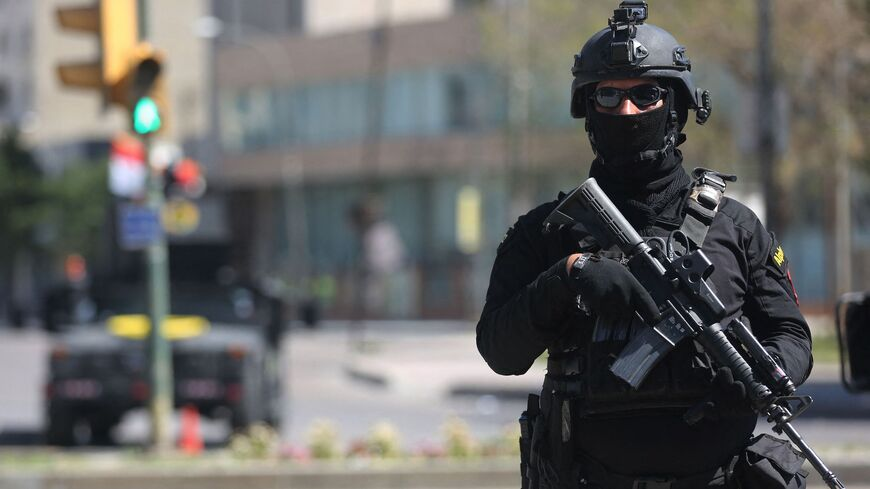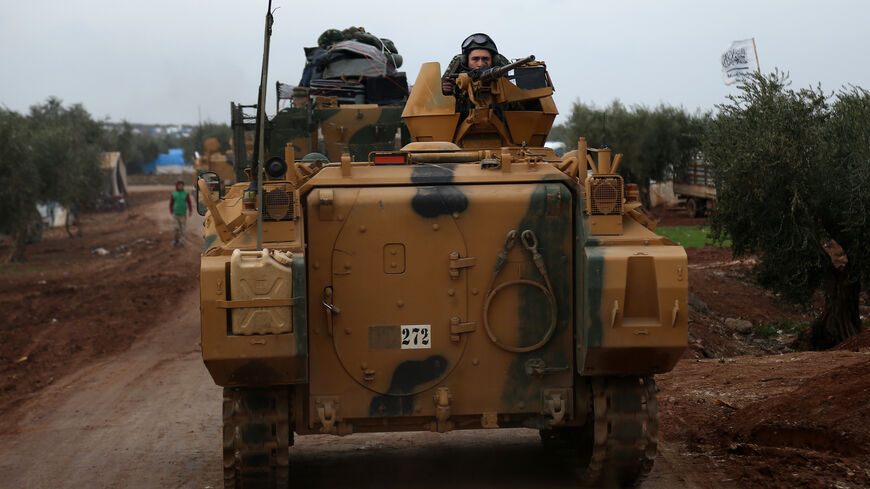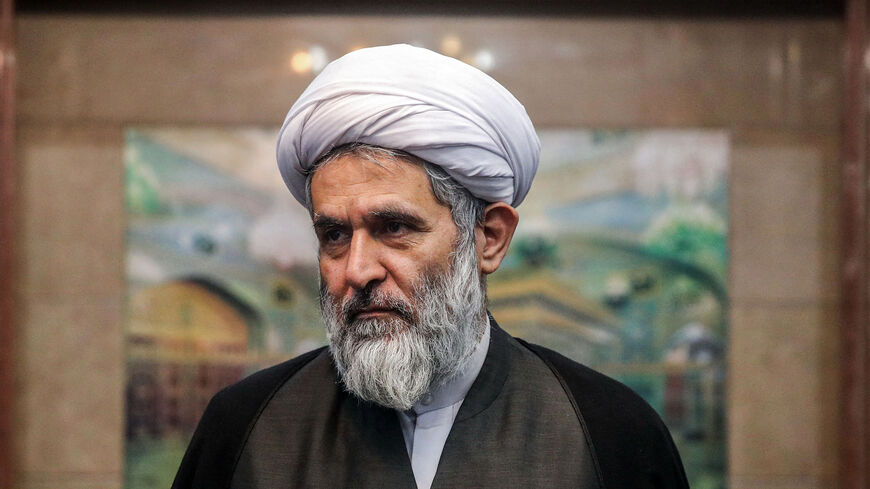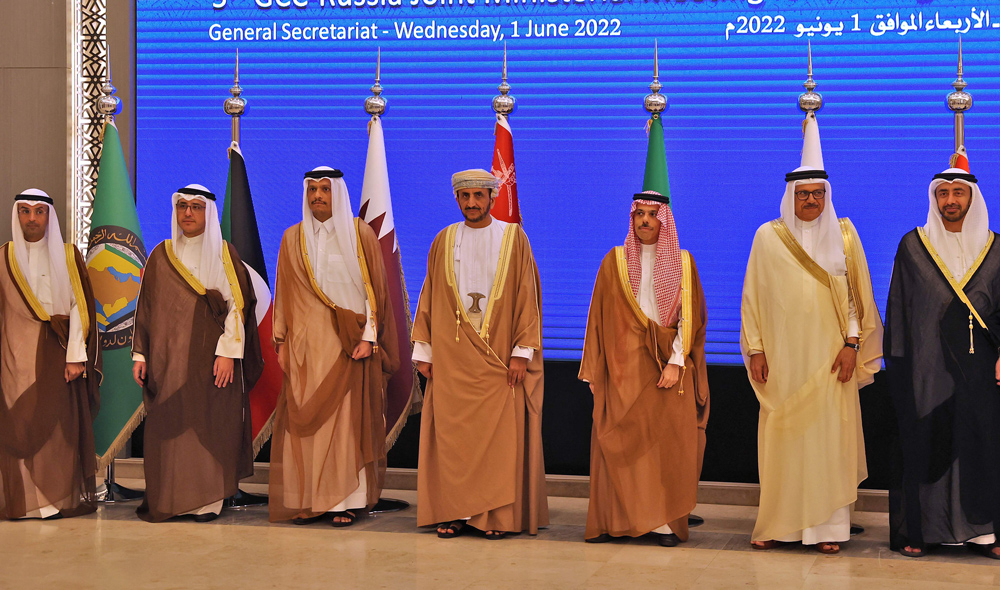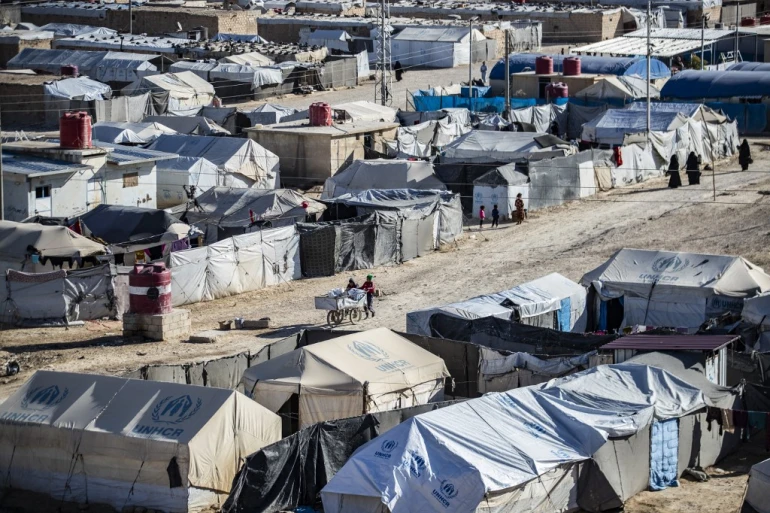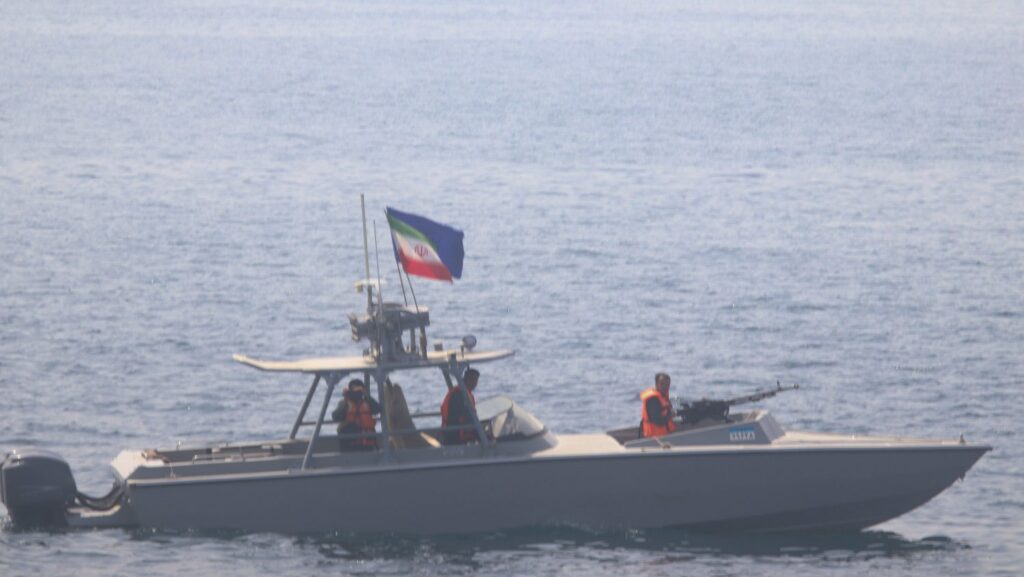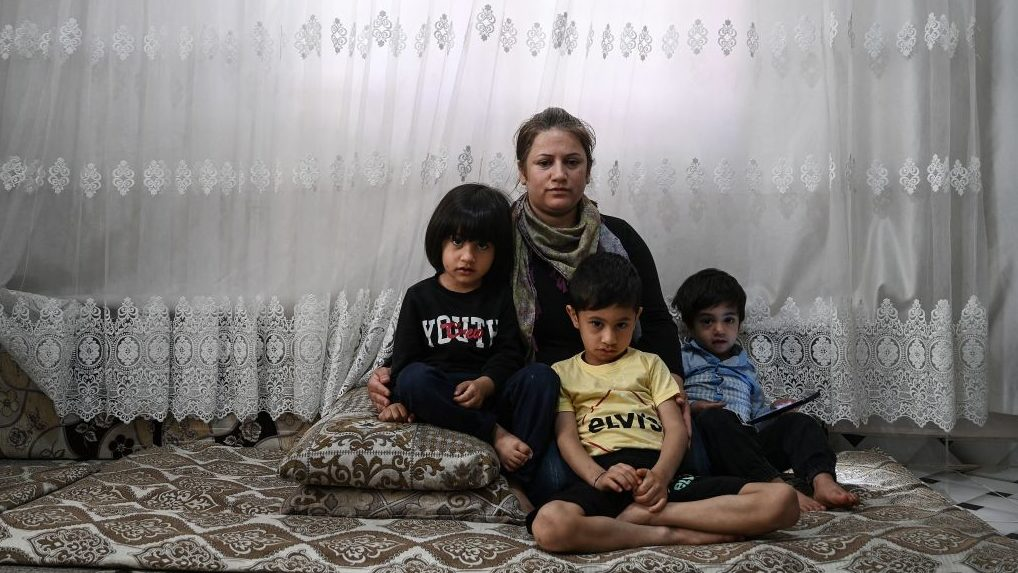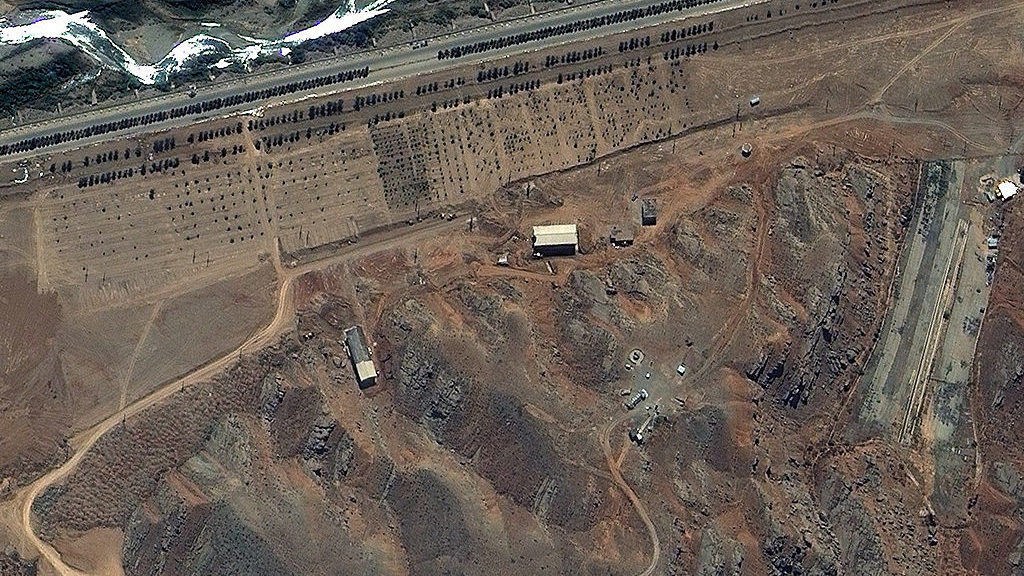Cultural Warriors: Why Palestine’s Sports Victories Should Inspire Us

The Palestine National Football Team has, once more, done the seemingly impossible by qualifying for the 2023 AFC Asian Cup. By any standards, this is a great achievement, especially as the Palestinians have done it with style and convincing victories over Mongolia, Yemen and the Philippines, without conceding a single goal. However, for Palestinians, this is hardly about sports.

